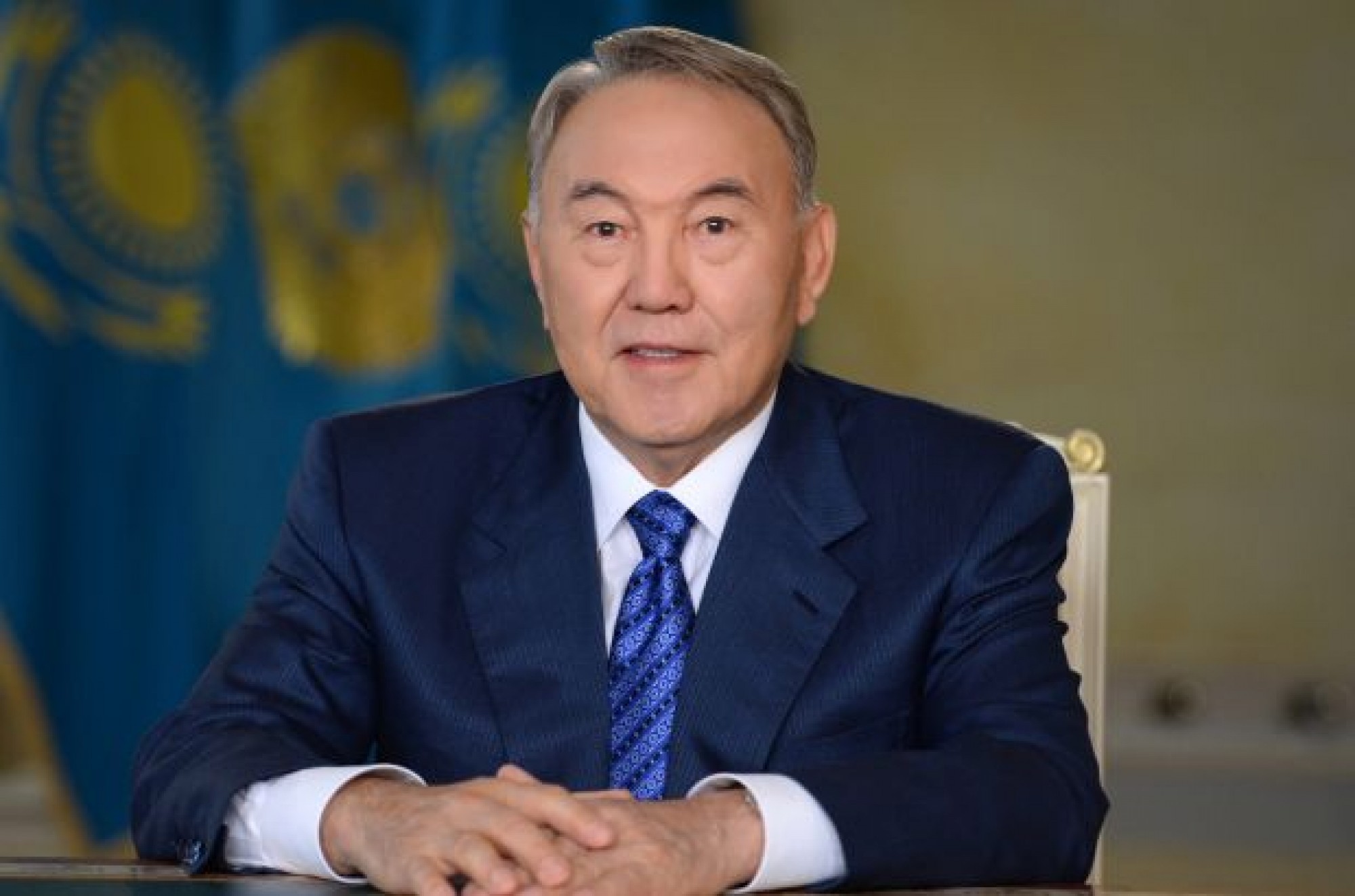– While the Constitutional Council’s decision to reject the bill for a referendum is a positive sign, it does not mean that democracy is guaranteed in Kazakhstan, said Secretary General Bjørn Engesland. The real test is whether elections are carried out in a free and fair manner, in accordance with the commitments of the OSCE, the organization that Kazakhstan chaired last year, and whether democratic reforms allow for opposition parties to flourish.
Towards the end of 2010, a so-called grass root initiative started collecting signatures in order to have Parliament approve amendments to the Constitution for a referendum that would allow President Nazarbayev to remain in office until 2020. In very short time, almost half of the population was reported to have signed the petition, which was approved by the Parliament.
President Nazarbayev passed the bill on to the Constitutional Council for consideration. On 31 January, the Council declared the amendment to be in violation of the constitution, rejecting the bill. In a televised speech few hours after the Council’s decision, Nazarbayev announced snap elections as a compromise.
The short time-frame until elections take place causes problems for potential contesters to the Presidential post, as it allows little time for the preparation of their campaign and for necessary reforms to the Central Election Committee.
Another concern is that libel charges from four years back have been reintroduced against former Presidential candidate Zhasaral Quanyshalin, leader of the Long Live Liberty opposition movement. At the same time, Vladimir Kozlov’s opposition party Alga has still not been allowed registration and struggles for its existence. Both men have announced their intention to run for President at the elections scheduled for the end of 2012.
– The key to democratic developments in Kazakhstan is that all political movements are allowed equal access to the media, and are allowed to carry out their political work ahead of elections in keeping with international standards, said Engesland. – The Chairmanship of the OSCE should not only be thought of as diplomatic gain for the country, it should mark the beginning of true and free political competition in one of the leading economies in the Commonwealth of Independent States (CIS)
Background
President Nursultan Nazarbayev has been president in Kazakhstan since independence in 1991. He has initiated relatively successful economic reforms, and the state benefits from vast oil and gas revenues. However, progress is unequal in different sectors of society. According to a recent report by the International Crisis Group (Asia Report No 201, 3 February 2011), “Kazakhstan has made patchy progress in some sectors and conserved Soviet endowments in others. Much of the success however can be attributed not to state policies, but the country’s oil money”.
Reports also underline the importance of coping with endemic corruption, and limited infrastructure in particular at the local level, in order to sustain economic growth and social development in the country.
Nazarbayev is 70 years old and a succession debate has long been underway. The proposal to extend Nazarbayev’s term to 2020 must be seen in this context. According to commentators, the plan was proposed by Nazarbayev loyalists, particularly a faction led by financial and legislative groups in the country’s capital, Astana, Apparently, these groups want to undermine the increasing influence of Timur Kulibayev, head of Kazakhstan’s powerful energy sector and Nazarbayev’s son-in-law.
The referendum proposal was met by mixed feelings by the population. Nazarbayev remains popular, but many were unhappy with the proposed change undermining prospects of democratization. The proposal was met by strong Western criticism, particularly from the United States. It also came amid increased tensions with foreign firms in Kazakhstan’s energy, mining and banking sectors over the government’s regulatory practices.
In order to combat anti-democratic allegations against Kazakhstan, Nazarbayev dismissed calls for the referendum, “calling the one month saga with the referendum a “complex political situation” and “a historical lesson in democracy”, the President explained his thinking the following way: “One the one hand, I cannot reject the nationwide initiative of the overwhelming majority of voters. On the other, as the President and as a guarantor of the Constitution, I cannot create a precedent which would set wrong guidelines for next generations of politicians
